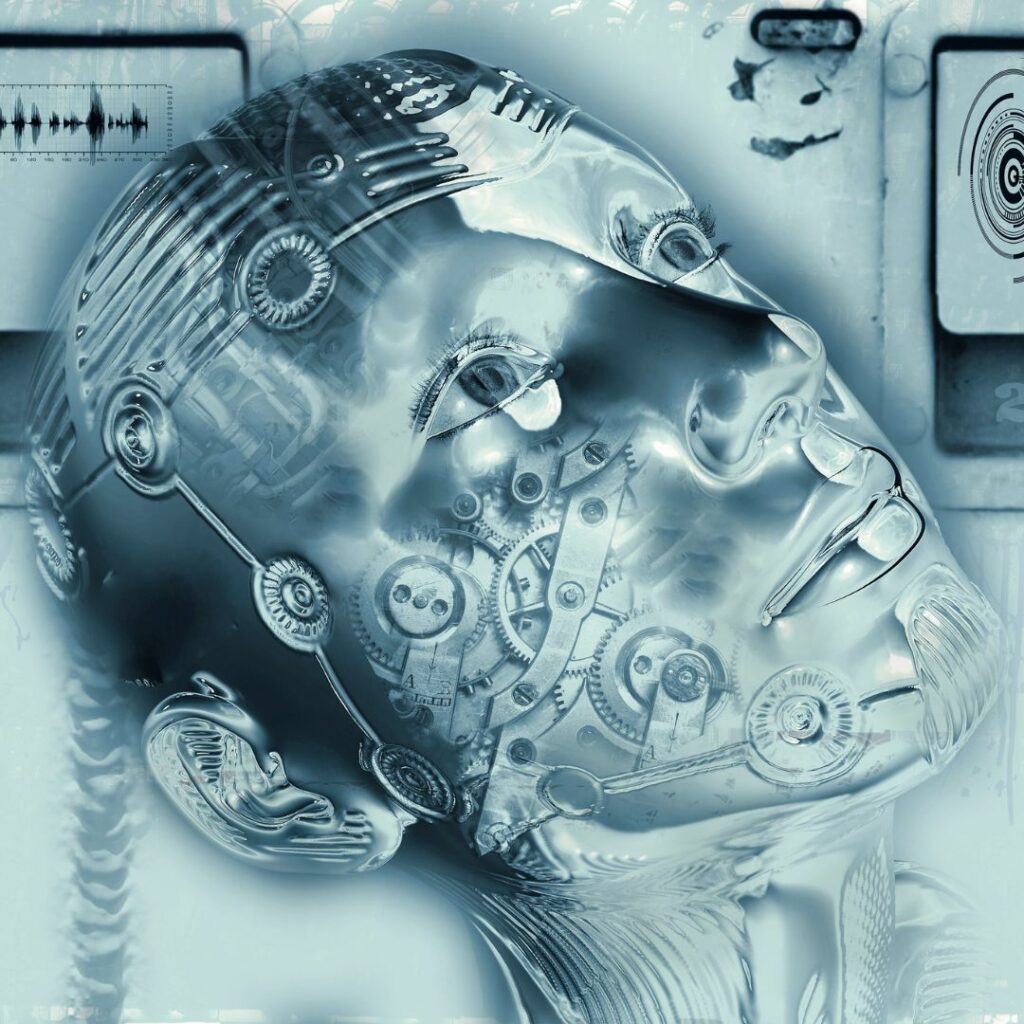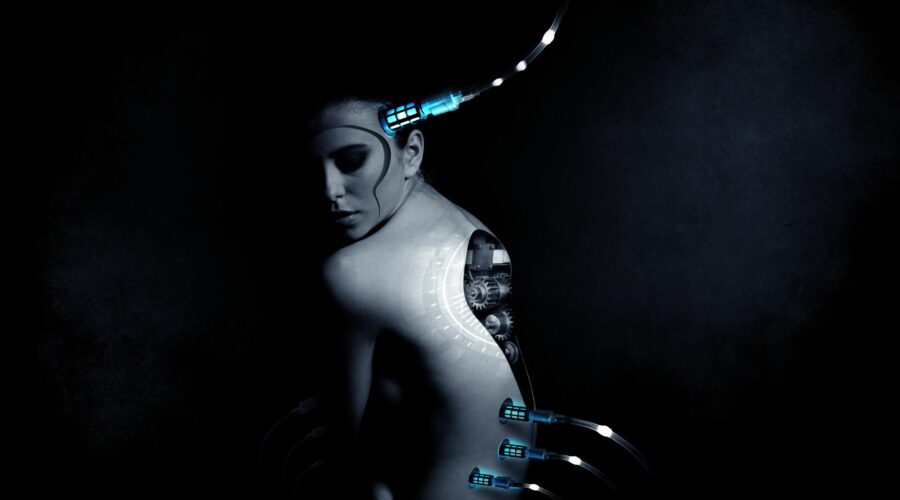How to use artificial intelligence in the medical industry
Artificial Intelligence (AI) is transforming the world, and the medical industry is not an exception. AI has revolutionized the way medical services are delivered, from diagnosis to treatment. In this blog post, we will explore the use of AI in medical services and how it is improving patient outcomes.
Diagnosis and Treatment
AI has the potential to revolutionize the diagnosis and treatment of diseases. With the help of AI algorithms, doctors can quickly analyze vast amounts of patient data and identify patterns that may be difficult to detect manually. AI can also predict which patients are at risk of developing certain diseases based on their medical history and other factors.
In addition to diagnosis, AI can also assist in the treatment of patients. For example, AI-powered systems can help physicians identify the best treatment plan for a particular patient by analyzing their medical history, symptoms, and other relevant factors. This can improve the accuracy of treatment and reduce the risk of adverse effects.
Virtual Assistants and Chatbots
Virtual assistants and chatbots powered by AI are becoming increasingly popular in the medical industry. These systems can assist patients in scheduling appointments, ordering medication, and answering basic medical questions. They can also assist doctors by providing them with patient data, reminders, and other relevant information.
One significant advantage of virtual assistants and chatbots is that they are available 24/7. This means that patients can access medical services even outside of regular office hours, improving patient access to medical care.


Predictive Analytics
AI algorithms can predict future health outcomes based on patient data, such as medical history, lifestyle, and genetic information. This predictive analytics can help doctors identify patients who are at risk of developing certain diseases and take preventive measures.
For example, an AI-powered system can analyze a patient’s medical records and identify patients who are at risk of developing heart disease. The system can then recommend lifestyle changes and medication to prevent the disease from developing.
Medical Imaging
AI can also improve the accuracy of medical imaging. With the help of AI algorithms, doctors can quickly and accurately analyze medical images, such as X-rays and CT scans. This can help in the early detection and diagnosis of diseases, improving patient outcomes.
AI algorithms can also analyze medical images over time, allowing doctors to monitor changes and identify potential issues before they become serious.
AI is transforming the medical industry, improving patient outcomes and providing new opportunities for medical professionals. From diagnosis and treatment to virtual assistants and medical imaging, AI is making healthcare more accessible, accurate, and efficient.
As the technology continues to evolve, it is likely that we will see even more innovative applications of AI in medical services. It is an exciting time for the medical industry, and the potential of AI is just beginning to be realized.



